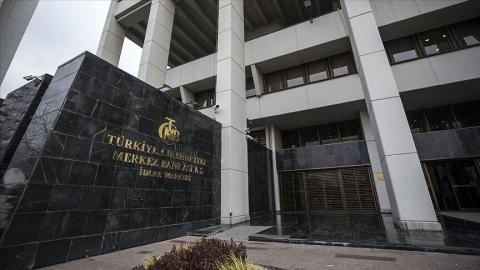Turkish Central Bank submits open letter to government

The Central Bank of Turkey (CBRT) submitted an open letter to the government on Feb. 2 explaining why annual inflation was higher than the country's target range last year.
Turkey's annual inflation rate was 14.6% in December 2020, remaining outside the uncertainty band around the 5% target.
Liquidity measures taken to contain the adverse effects of the novel coronavirus pandemic, as well as credit expansion, were among the main culprits, the bank said.
Inflation pressures increased in sectors where demand was strong, it explained, with the rapid economic recovery brought about by credit expansion causing an "adverse loop" affecting reserves, the risk premium, dollarization, and inflation expectations.
Noting the rise in commodities prices, the bank said that with the global economic recovery in the second half of 2020, the prices of oil, industrial metals and agricultural commodities have climbed significantly and affected inflation via the energy, core goods, and food groups.
The bank stressed that even though consumer inflation was restrained by weak demand for goods and services amid the pandemic, inflation remained up in categories where the pass-through from credit and exchange rate developments were relatively high.
It underlined that the Turkish lira depreciated by 25% against a currency basket last year, adding that this was evident across all subcategories - particularly in core goods, which exhibited high exchange rate pass-through.
Inflation was also boosted by high food prices, in which cumulative exchange rate effects and rising international agricultural commodity prices had played a major role, despite the weak course of tourism, said the bank.
It warned that pricing behavior and the inflation...
- Log in to post comments

